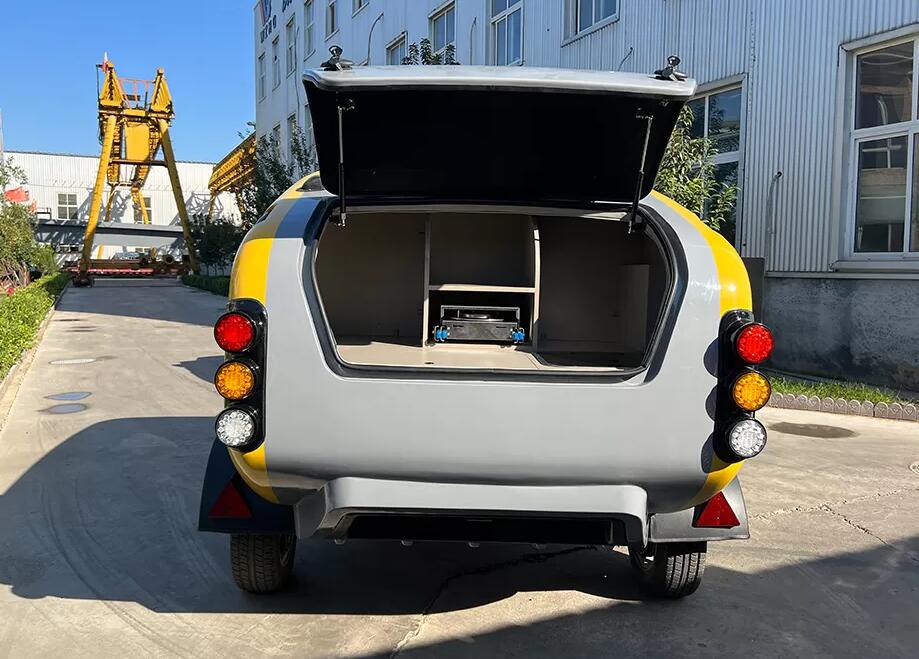Introduction
When it comes to exploring the great outdoors and embarking on unforgettable adventures, recreational vehicles (RVs) and trailers offer two popular options. While they both provide the freedom to travel and the comforts of home, there are significant differences between the two. In this article, we delve into the distinctions between RVs and trailers, helping you make an informed decision for your next adventure.
Defining RVs and Trailers
RVs: Recreational Vehicles, commonly known as RVs, are motorized vehicles that combine living quarters with a vehicle chassis. They encompass a wide range of options, including motorhomes, campervans, and motor coaches. RVs typically feature sleeping quarters, a kitchen, a bathroom, and living space. They are designed to be self-contained and provide all the necessary amenities for a comfortable travel experience.
Trailers: Trailers, on the other hand, are towed by another vehicle, such as a truck or SUV. Unlike RVs, trailers do not have an engine or motorized components. They are essentially portable living spaces that are hitched to a towing vehicle and are available in various types, including travel trailers, fifth wheels, pop-up trailers, and teardrop trailers. Trailers can range from basic models with minimal amenities to luxurious units equipped with full kitchens, bathrooms, and ample living space.

Key Differences between RVs and Trailers
Mobility: The most significant distinction between RVs and trailers lies in their mobility. RVs are self-contained motorized vehicles that allow you to travel without the need for a separate towing vehicle. They offer the convenience of being able to drive and live in the same unit. Trailers, on the other hand, require a separate towing vehicle to transport them. This means you need to have a compatible vehicle with the necessary towing capacity to pull the trailer.
Size and Space: RVs generally provide more living space compared to trailers. They have dedicated living areas, separate bedrooms, and often feature slide-outs that expand the interior space when parked. Trailers tend to have a more compact layout, with limited space for amenities and living quarters. However, larger trailers like fifth wheels can offer generous living space with multiple slide-outs.
Versatility: Trailers offer more versatility in terms of using the towing vehicle separately from the living space. Once you reach your destination, you can unhitch the trailer and use your vehicle for other purposes, such as exploring the area or running errands. With RVs, your living space and vehicle are combined, limiting the ability to use the vehicle independently.
Cost and Maintenance: Generally, trailers are more cost-effective than RVs. Trailers often have a lower initial purchase price compared to RVs, and they tend to be more fuel-efficient since they don't have an engine. Additionally, trailers typically require less maintenance and repairs, as they don't have complex motorized systems found in RVs.
Driving Experience: Fctrailers RVs require driving and maneuvering a larger motorized vehicle, which may take some time to get accustomed to, especially for those who are new to driving larger vehicles. Trailers, once properly hitched and balanced, generally provide a more familiar driving experience since you are driving the towing vehicle.
Conclusion
Choosing between an RV and a trailer depends on your preferences, budget, and travel style. RVs offer the convenience of a motorized vehicle combined with living space, providing a seamless travel experience. Trailers, on the other hand, require a separate towing vehicle but offer more flexibility and often come at a lower price point. Consider your mobility needs, desired living space, budget, and towing capabilities when deciding between an RV or a trailer. Ultimately, both options can offer incredible adventures and memorable experiences on the open road.





Comments
0